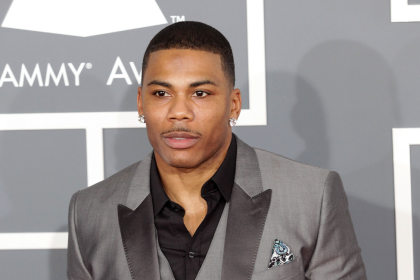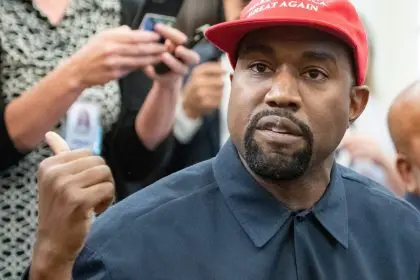Jussie Smollett has reached an undisclosed settlement with the city of Chicago, marking the end of a contentious legal dispute that has stretched across six years. The agreement resolves a lawsuit initiated by the city following allegations that Smollett orchestrated a fake hate crime against himself in January 2019, an incident that captured national headlines and ignited heated debates about race, sexuality, and the criminal justice system.
The settlement, announced on April 28, represents a significant milestone in a case that has followed a convoluted path through various courts and legal proceedings. While both parties have confirmed the agreement, they requested additional time to finalize documentation details, with a status hearing scheduled for May 29, to provide further clarity on the resolution terms.
Origins of the controversy
The controversy began on Jan. 29, 2019, when Smollett reported to Chicago police that he had been attacked in the city’s Streeterville neighborhood. The actor claimed he was targeted in a racist and homophobic assault, generating immediate public sympathy and outcry. However, the narrative dramatically shifted when investigators began questioning the authenticity of Smollett’s account.
As the investigation progressed, city officials developed the theory that Smollett had fabricated the incident. This led to the city filing a lawsuit in April 2019, seeking to recover approximately $130,000 in costs associated with the extensive police investigation. The lawsuit represented the city’s attempt to recoup resources allocated to what officials characterized as a deliberately false report.
Criminal proceedings and legal reversals
The criminal case against Smollett took several unexpected turns. During the trial, two brothers testified that Smollett had paid them $3,500 to stage an attack, claiming this was part of a plan to generate publicity. Smollett consistently maintained his innocence, asserting that the payment was exclusively for personal training services.
Throughout proceedings, Smollett expressed deep skepticism toward law enforcement. He stated that as a Black man in America, he did not trust the police — a sentiment that resonated with many who have experienced or witnessed racial disparities in policing practices.
In December 2021, a jury found Smollett guilty on five of six counts related to filing false police reports. The actor received a sentence of 150 days in jail coupled with 30 months of probation. However, in a significant legal reversal, the Illinois Supreme Court overturned his conviction in November 2022, determining that Smollett should not have faced prosecution after previously reaching a non-prosecution agreement with the Cook County State’s Attorney’s Office.
Broader societal implications
The Smollett case transcended ordinary legal proceedings to become a flashpoint in ongoing national conversations about race, sexuality, and justice in America. The initial report activated concerns about increasing hate crimes targeting marginalized communities, while subsequent allegations of fabrication raised questions about the potential harm of false reports to legitimate victims.
Within the African American community particularly, the case provoked complex discussions about credibility, representation, and the challenges faced by individuals who experience genuine hate crimes. Many observers noted that regardless of this specific case’s outcome, the hesitancy many Black Americans feel toward law enforcement remains rooted in historical and contemporary experiences of unequal treatment.
Media coverage and public discourse
Throughout its duration, the case received extraordinary media attention, with coverage often reflecting polarized perspectives on Smollett’s actions and the justice system’s response. The intense scrutiny highlighted the challenges of maintaining objectivity when high-profile cases intersect with sensitive social issues.
The settlement arrives at a time when many Americans continue to grapple with questions about equality, representation, and accountability in the legal system. While the financial terms remain confidential, the agreement may provide a degree of closure to a case that has consumed significant public attention and institutional resources.
Looking toward resolution
As Smollett and the city of Chicago finalize their settlement, the broader conversation about hate crimes, false reporting, and equality before the law continues. For Smollett personally, the settlement potentially offers an opportunity to move beyond a chapter that dramatically altered his career trajectory and public perception.
The case ultimately serves as a reminder of the complexities inherent in America’s ongoing struggle to create a justice system that responds equitably to all citizens regardless of race, sexuality, or public status. As the final documentation is prepared for the May hearing, both parties appear ready to conclude a legal conflict that has exemplified the intricate relationship between individual actions, public institutions, and societal expectations.

















